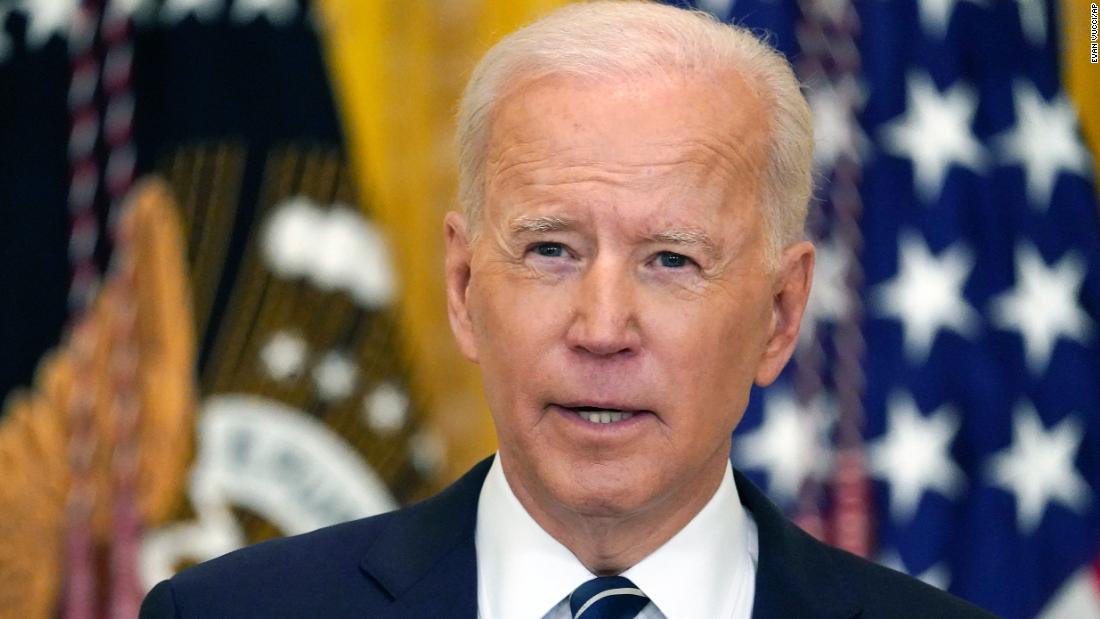Throughout her political career, Sarah Palin has garnered attention not only for her unconventional style but also for her stances on various contentious issues. Among these, her views on marijuana stand out, especially as the landscape around cannabis legislation continues to evolve dramatically across the United States. One might wonder: has Palin’s perspective on marijuana kept pace with shifting societal norms, or does it reflect an outdated mindset?
Palin has historically approached marijuana with a sense of skepticism, often aligning herself with a more conservative viewpoint that positions cannabis use as detrimental rather than beneficial. Back in her tenure as governor of Alaska, she demonstrated hesitancy toward even the medical use of marijuana, advocating for a comprehensive approach to public health and safety rather than endorsing what she perceived as a reckless liberalization of drug policies. This approach found resonance with a section of the electorate staunchly opposed to drug use.
However, the recent wave of legalization efforts across the nation poses a challenge not only for Palin but for many lawmakers who traditionally opposed cannabis reform. At present, over a third of U.S. states have legalized recreational marijuana. Polls indicate a significant shift in public sentiment, with growing acceptance that frames cannabis use within the context of personal freedom and medical necessity. Given this spectrum of opinion, Sarah Palin’s resistance prompts contemplation: is she prepared to reassess her stances in light of the evolving narrative surrounding marijuana?
One must consider the economic argument as well. With states that have legalized marijuana reporting significant boosts in tax revenue and job creation, it begs the question—could adopting a more open-minded stance on cannabis yield political and economic dividends? As the U.S. grapples with tight state budgets and seeks innovative solutions to fiscal challenges, the potential financial benefits of the cannabis industry loom larger than ever.
Conversely, Sarah Palin’s unwavering skepticism may reflect a broader hesitation among certain factions of the conservative base. This factions treasures a commitment to traditional values and often frames marijuana use as a moral failing rather than a personal choice. In a political climate that increasingly rewards adaptability and responsiveness, will Palin’s adherence to her previous positions alienate her from emerging voter demographics that prioritize progressive drug policies?
To conclude, Sarah Palin’s stance on marijuana encapsulates a microcosm of a much larger debate that continues to play out nationwide. The juxtaposition of her traditional views against the contemporary movements embracing cannabis illustrates the challenge of reconciling past ideologies with present realities. Will she pivot or persist in her original convictions? Only time will tell as this conversation unfolds, shaping not just her political future but the broader discourse surrounding cannabis in American society.
